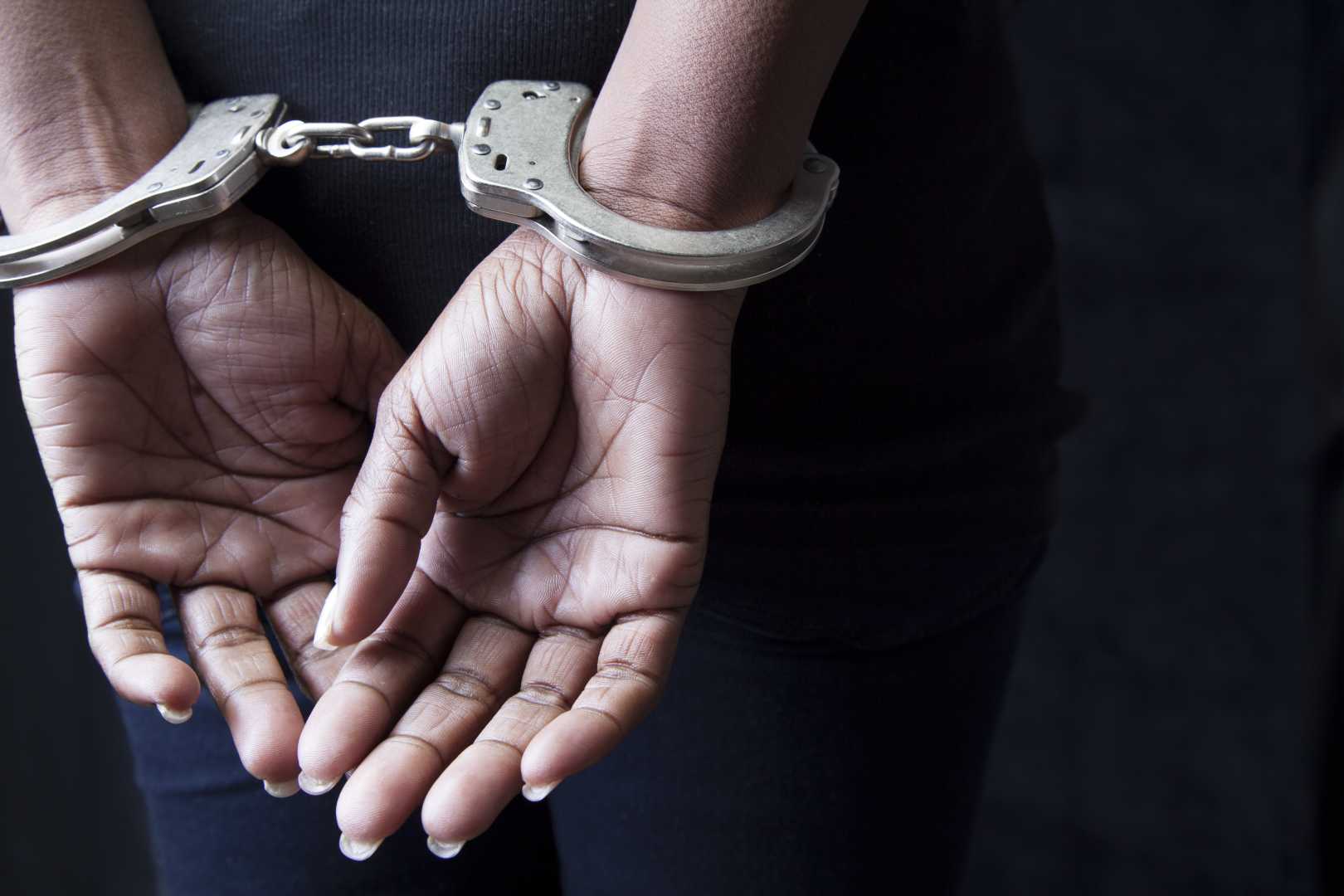News
Massachusetts Public Defender Crisis Leads to Unrepresented Defendants

BOSTON, Massachusetts — A crisis is unfolding in the Massachusetts justice system as many criminal defendants sit in jails without legal representation. The state’s public defender agency is preparing to file motions requesting their release.
This situation has been exacerbated by a work stoppage among private court-appointed attorneys known as bar advocates, who represent about 80 percent of indigent defendants. The advocates have stopped taking new cases for nearly four weeks in response to inadequate pay and growing workloads.
The disparity in how justice is applied has resulted in a chaotic court environment. Some defendants accused of violent crimes have been released, while others remain without an attorney, violating their constitutional right to legal representation. “If I’m held, everything I’ve worked for is gone,” said Brian DuBois, who faced alleged probation violations but was ordered to remain in custody.
As of last week, the Committee for Public Counsel Services reported that there are an estimated 50 people in custody without a lawyer and another 693 who have been released but are still facing charges without representation. The agency has been able to assign counsel to only 190 defendants, indicating a severe strain on its resources.
Shira Diner, president of the Massachusetts Association of Criminal Defense Lawyers, commented, “This is the constitutional problem — we now have citizens being accused of crimes and there are no lawyers to represent them.”
In the wake of the stoppage, the public defender agency plans to seek the release of defendants who have been held for longer than seven days without an attorney. They may also bring a petition to the Supreme Judicial Court if the number of unrepresented defendants remains high.
CPCS chief counsel Anthony Benedetti stated, “If necessary, we are prepared to ask the Court to enforce existing legal precedent to ensure people are not held unlawfully or denied timely access to counsel.”
As attorneys advocate for increased pay, the disparity in compensation compared to neighboring states continues to grow. Currently, bar advocates in Massachusetts are paid significantly less than their counterparts in Rhode Island and New Hampshire.
Bar advocate Jennifer O’Brien expressed frustration, saying, “They’re going to start to implement that and start releasing people and dismissing cases.” The ongoing stoppage demonstrates a deeper issue within the public defense system, one that is likely to escalate without immediate intervention.












